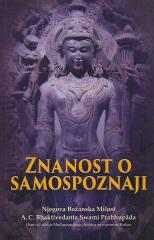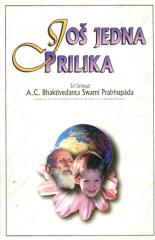
Upanišade
The Upanishads are Hindu scriptures that are considered part of the Vedas. The term vedānta ("the end of the Vedas") is used for them. They are a part of the sciences that try to explain the content philosophically.
The Upanishads are ancient Sanskrit texts that contain some of the central philosophical concepts and ideas of Hinduism, some of which are shared with religious traditions such as Buddhism and Jainism.
The oldest Upanishads come from the pre-Buddhist era, and the younger ones from the Christian era. The Upanishads are between 700 and 500 BC. n. e. composed by forest ascetics as the final parts of the Vedas. They are also known as srutis, i.e. texts "for listening" and almost all of their teachings are in dialogue form. The meaning of the word upanishad is "sitting down beside" the guru who is imparting his teachings. More than a hundred compilations of these dialogues have been written, although only thirteen of them have been accepted as smritis, or holy scriptures. The Upanishads discuss the relationship between the individual and the universe, the nature of the universal soul, the meaning of life and the nature of life after death.
The Upanishads are the first texts revered among Indians that denote the idea that one immutable self passes from one body to another, depending on actions. Thus good actions bring good fruits and bad actions result in future reincarnation.
No copies available
The last copy was sold recently.





